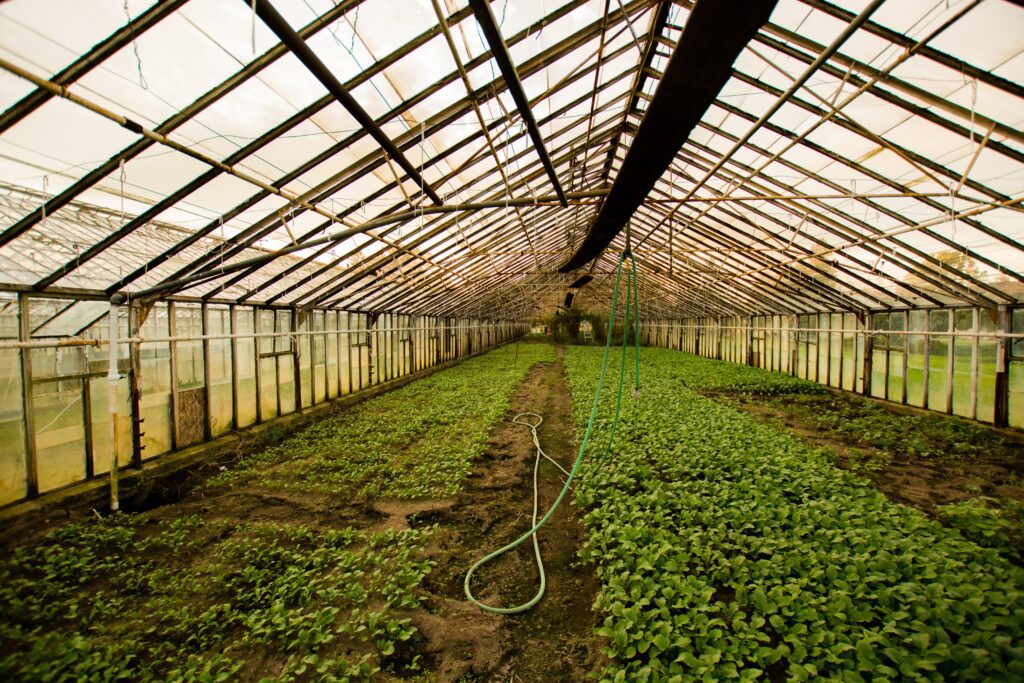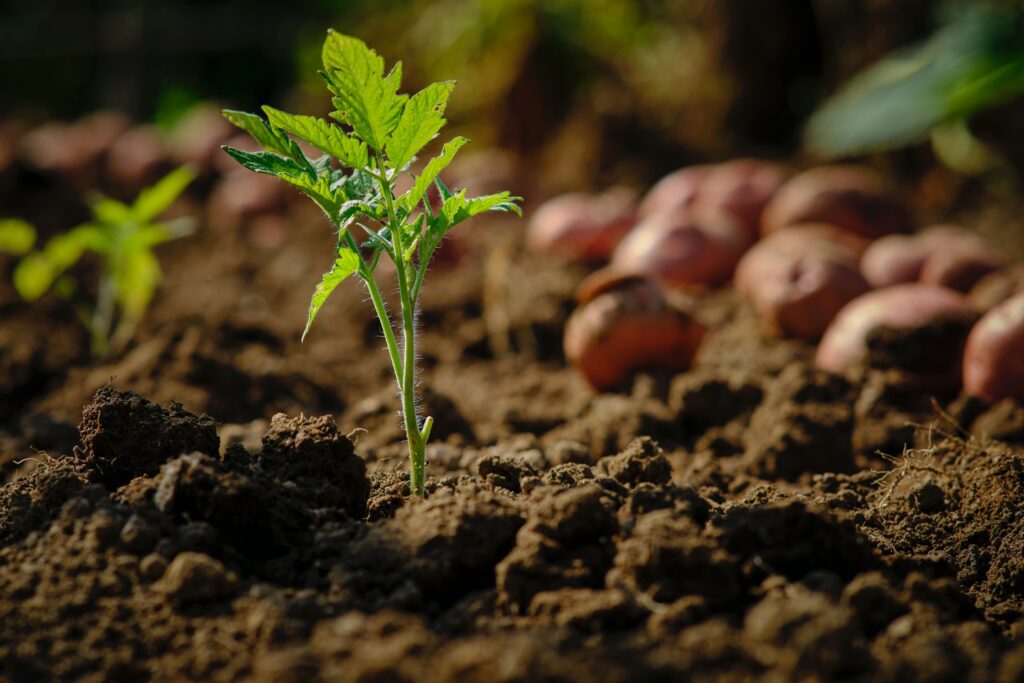When it comes to creating a beautiful and thriving garden, one of the most critical
decisions you'll make is selecting the right plants. Whether you're a seasoned gardener or a novice with a green thumb, choosing plants that suit your environment, soil, and personal preferences is key to a successful garden. In this guide, we'll explore the art and science of plant selection to help you make informed choices for your outdoor space.
1. Know Your Climate Zone
Before you start browsing through seed catalogs or visiting your local nursery, it's crucial to understand your climate zone. The USDA Plant Hardiness Zone Map is a valuable resource that divides the United States into zones based on average annual minimum temperatures. Knowing your zone will help you select plants that can withstand your region's specific climate conditions.
2. Assess Your Soil
Different plants thrive in different soil types. Conduct a soil test to determine the pH level and nutrient content of your soil. This will help you choose plants that are well-suited to your soil type and indicate if any amendments are needed to improve soil quality.
3. Consider Sunlight Requirements
One of the most critical factors in plant selection is sunlight. Assess the amount of sunlight your garden receives throughout the day. Plants are typically categorized as full sun, partial sun, or shade-loving. Match your plant choices to the sunlight conditions in your garden to ensure they receive the right amount of light to thrive.
4. Determine Watering Needs
Plants vary in their water requirements. Some are drought-tolerant and thrive with minimal watering, while others need consistent moisture. Consider your region's natural rainfall patterns and your willingness to water when selecting plants. This will help you establish a more water-efficient and sustainable garden.
5. Plan for Growth
Understanding the eventual size of your chosen plants is crucial for proper garden design. Some plants, like trees and shrubs, can grow quite large over time. Make sure you have enough space for your selected plants to reach their mature size without overcrowding.
6. Choose a Mix of Annuals and Perennials
A well-rounded garden often includes a combination of annuals and perennials. Annuals provide bursts of color and typically last for one growing season, while perennials return year after year. Combining both types of plants can create a garden with constant visual interest.
7. Factor in Maintenance
Consider the amount of time and effort you're willing to invest in garden maintenance. Some plants require regular pruning, deadheading, or other care, while others are low-maintenance and virtually care-free. Choose plants that align with your maintenance preferences and gardening skill level.
8. Think About Wildlife
If you want to attract wildlife to your garden, such as butterflies, bees, or birds, select plants that are known to be attractive to these creatures. Native plants are often an excellent choice for promoting local wildlife populations.
9. Personal Aesthetic Preferences
Lastly, don't forget to consider your personal aesthetic preferences. Your garden is an expression of your style, so choose plants that resonate with you. Whether you prefer a formal garden with neatly trimmed hedges or a wildflower meadow bursting with color, let your taste guide your plant selection.
In conclusion, choosing the right plants for your garden involves a combination of science and art. By considering your climate, soil, sunlight, water, maintenance, and personal preferences, you can create a garden that not only survives but thrives, bringing joy and beauty to your outdoor space year after year. Happy gardening!






